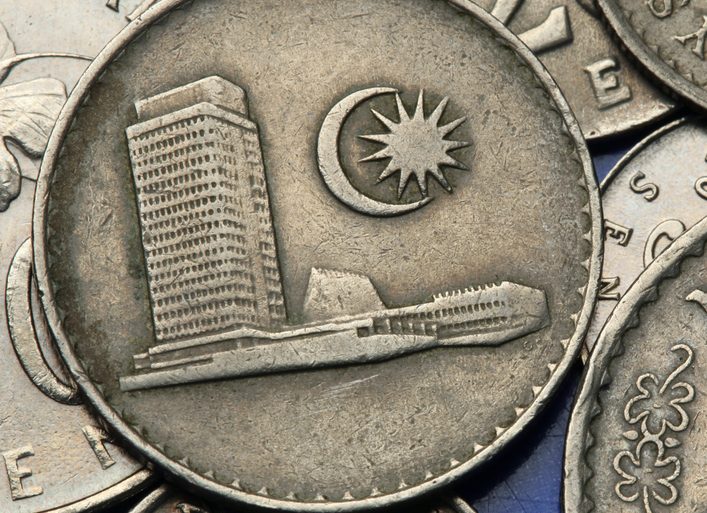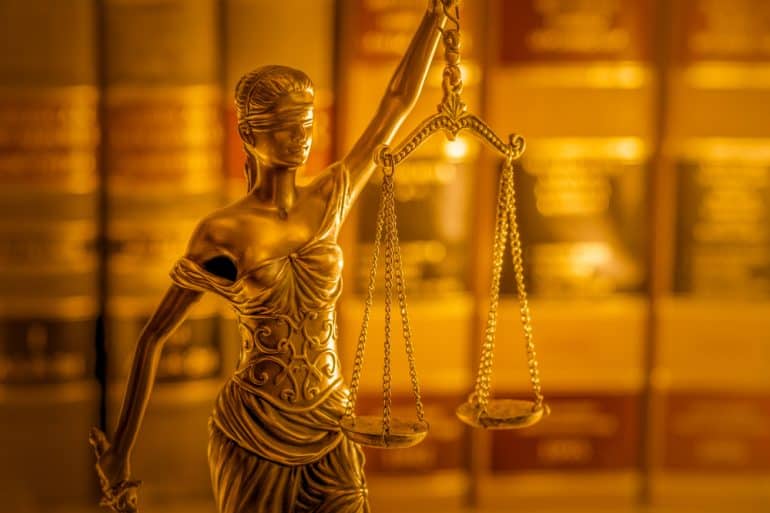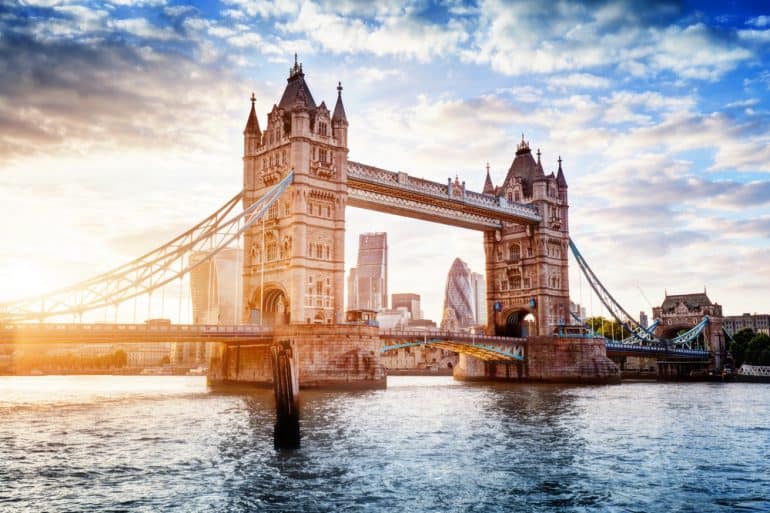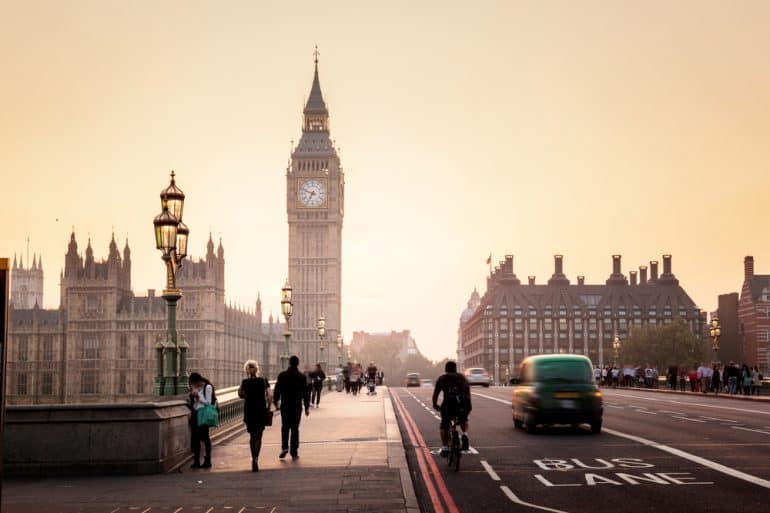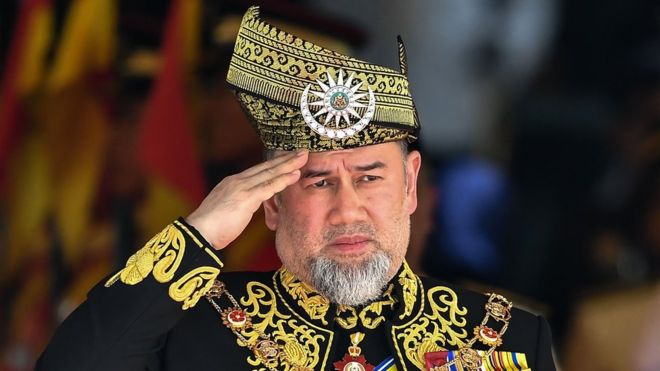Some say that the power of the King to grant a royal pardon is ‘absolute,’; that ‘no one can question it’. Is this correct?
Read More Blog , Constitutional Law , English , For Lawyers , Government , Home Featured Articles , Politics
Is the 18th May Parliamentary Meeting lawful?
No. Why? Parliament is the House of the People. Can our leaders silence the voice of the people?
Read More Blog , Constitutional Law , English , For Lawyers , Government
What are the Government’s powers during the Covid-19 pandemic?
How far can the Government go during this partial lockdown? What are your rights? Here are some legal points you should know.
Read More Blog , Constitutional Law , English , For Lawyers , Government , Home Featured Articles , Politics
Can the King change his mind?
Mahathir claims that there is something wrong with the numbers Muhyiddin showed the King. Can the King reconsider his decision? Can he change his mind? Can he examine the facts? Can he postpone the swearing-in this morning? This must be the mother of all the Constitutional riddles!
Read MoreWhat do these two words mean? Are they interchangeable? Or are they different? If so, how?
Read More Blog , Constitutional Law , English , For Lawyers , Government , Politics
Can the courts stop a prime minister from suspending Parliament? [Part-2 of 2: What the Supreme Court said, and Why]
We saw in Part-1 of 2, the problems that beset the UK when it chose to leave the EU. Prime Minister Boris Johnson suspended Parliament because he wanted a Brexit ‘with no deal’. The Supreme Court ruled that the prorogation had been unlawful. Why did it say so? And what is so important about the decision? Read on …
Read More Blog , Constitutional Law , English , For Lawyers , Government , Home Featured Articles , Politics
Can the courts stop a prime minister from suspending Parliament? [Part-1: Johnson prorogues Parliament]
They can – as did the UK Supreme Court on 24 Sept 2019. The Court ruled that the PM Johnson’s advice to the Queen to suspend (‘prorogue’) Parliament had been unlawful. The Court declared that Parliament could resume its work. This case is historic. The effect of this case will be felt for centuries. Why? Read on ...
Read MoreYesterday, there was a flurry of social media messages that the King had resigned. Can His Majesty do that? That is the question. What is the answer?
Read MoreWhat is your view on briyani? Does it have magical powers? Justice Prasad Abraham, a former Federal Court Judge, recounts a second (real life) anecdote from his days at the Bar.
Read More Blog , Constitutional Law , English , Government , Politics
Will Corruption Amnesty Work? [Part-2: Proposals]
This is Part 2 of the article entitled, ‘Will Corruption Amnesty Work?’ You’ll find part 1 here. We saw, in Part-1, how if we sack every corrupt person, we’d lose a substantial number of people in enforcement agencies, local governments, courts, and the Government. This is because corruption in Malaysia is deep-seated. So what? Corruption and State Capture Corruptions infects and emaciates a nation, its institutions and its people. It kills a just and efficient ...
Read More

